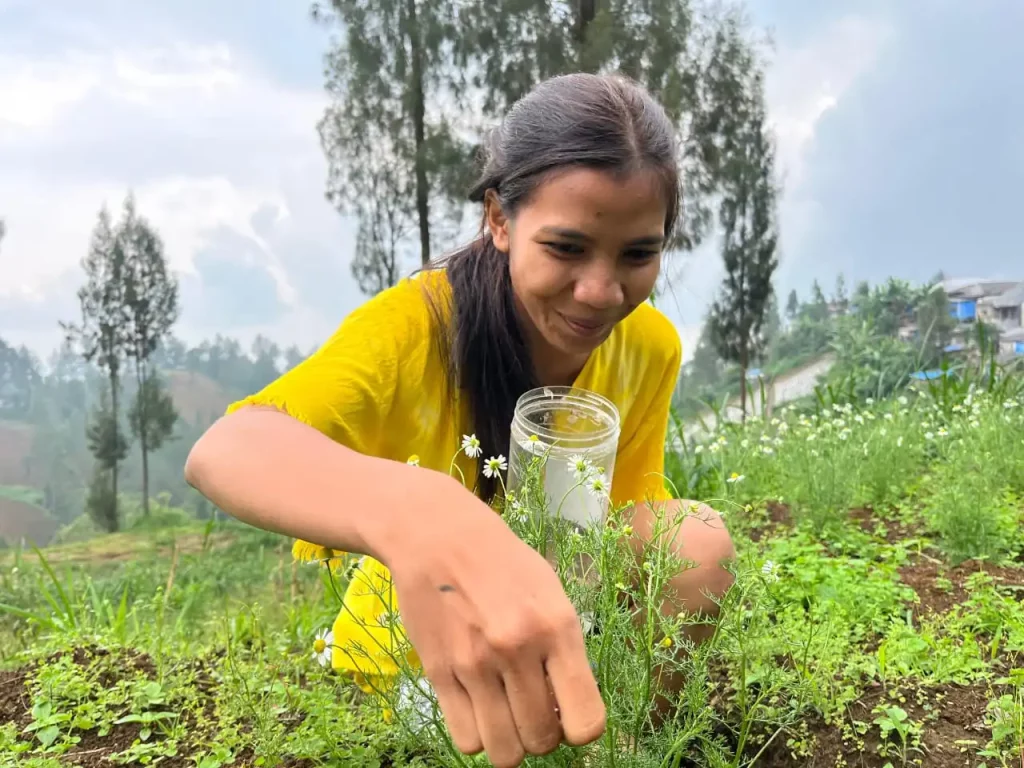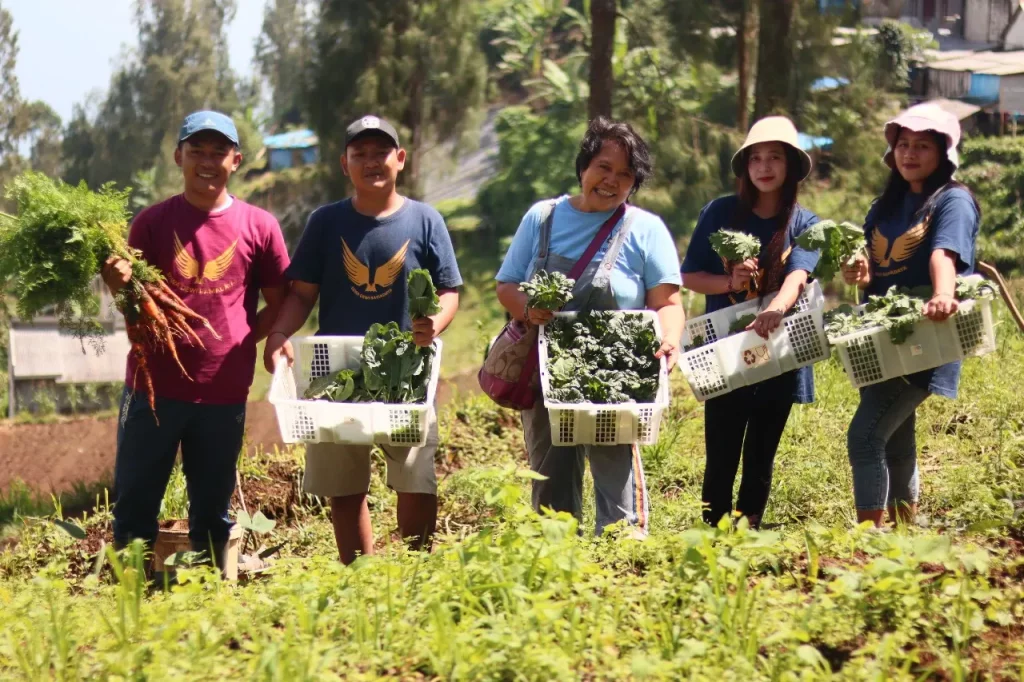UNAIR NEWS – During the early stages of Indonesia’s reform, violence and exploitation of marginalized children were rampant. These pressing issues motivated Yulianti Umrah to establish ALIT (Arek Lintang) Indonesia Foundation. Umrah, now the Executive Director of ALIT, is a member of Class of ‘99 of the Political Science program at the Faculty of Social and Political Sciences, Universitas Airlangga (UNAIR).
ALIT Indonesia was officially established on April 22, 1999, in Surabaya. Originally from Pamekasan, Umrah shared that her interest in social issues began in high school. “Along with five friends, I established ALIT due to our consistent efforts in addressing social problems, particularly the exploitation and abuse of marginalized children,” she explained.
ALIT Indonesia
ALIT, or Arek Lintang Indonesia, is a social foundation with a vision to achieve equality for children in accessing their rights. This vision is realized through improving the conditions of marginalized children and advocating for them to local and national governments.
Over 25 years, ALIT Indonesia has expanded to eight branches: Surabaya, Bromo, Flores, Sumenep, Bali, Lombok, Jember, and Banyuwangi. The foundation has partnered with various governmental and non-governmental organizations, nationally and internationally.
“Our collaborations are primarily with western donors and UN agencies for funding. Non-funding partnerships, particularly with the government and universities like Universitas Airlangga, are also vital,” Umrah noted.
Dewa Dewi Ramadaya
One of ALIT’s latest initiatives is the Dewa Dewi Ramadaya (DDRD) program. A collaboration with Kindermissionswerk, DDRD aims to enhance children’s life skills through local cultural practices to build resilience and self-sufficiency.
DDRD operates in several villages in Surabaya, Sumenep, Batu, Pasuruan, Jember, Banyuwangi, Gilianyar, and Sikka, in cooperation with the Ministry of Villages, Development of Disadvantaged Regions, and Transmigration, and the Ministry of Education, Culture, Research, and Technology.
“This program focuses on ensuring children’s rights and fostering child-friendly villages by offering free learning classes that include life skills, historical literacy, science, environmental studies, and local traditions,” she stated.

After three years, an international evaluation revealed that DDRD achieved an impressive 75-80% success rate across various categories. Umrah hopes the government will adopt DDRD, as it significantly contributes to achieving the 17 Sustainable Development Goals (SDGs).
“The program’s foundation on local cultural values, known as ‘hasta brata,’ has achieved remarkable results. The Dewa Dewi Ramadaya approach could also be a model for other countries,” she elaborated.
ALIT also collaborates with Universitas Airlangga through field practice courses (KKN) and research projects to advance the development of its partner villages. It has been successfully implemented in Pasuruan and Jember.
“Many students accepted into UNAIR were once village ambassadors in the DDRD program. Upon graduation, they are encouraged to return to their villages, continue the DDRD initiatives, and develop their communities independently,” she added.
Future aspirations
Yulianti Umrah emphasized the importance of government adoption of the DDRD program. Besides achieving the 17 SDGs, the program significantly benefits village communities.
“We do not aim to expand ALIT’s reach extensively. Instead, we hope that the successful programs we have implemented and their positive impact on the communities can be adopted by local governments,” she concluded.
Author: Muhammad Naqsya Riwansia
Editor: Edwin Fatahuddin Ariyadi Putra
Read also: UNAIR student owns two companies in seaweed cultivation field









